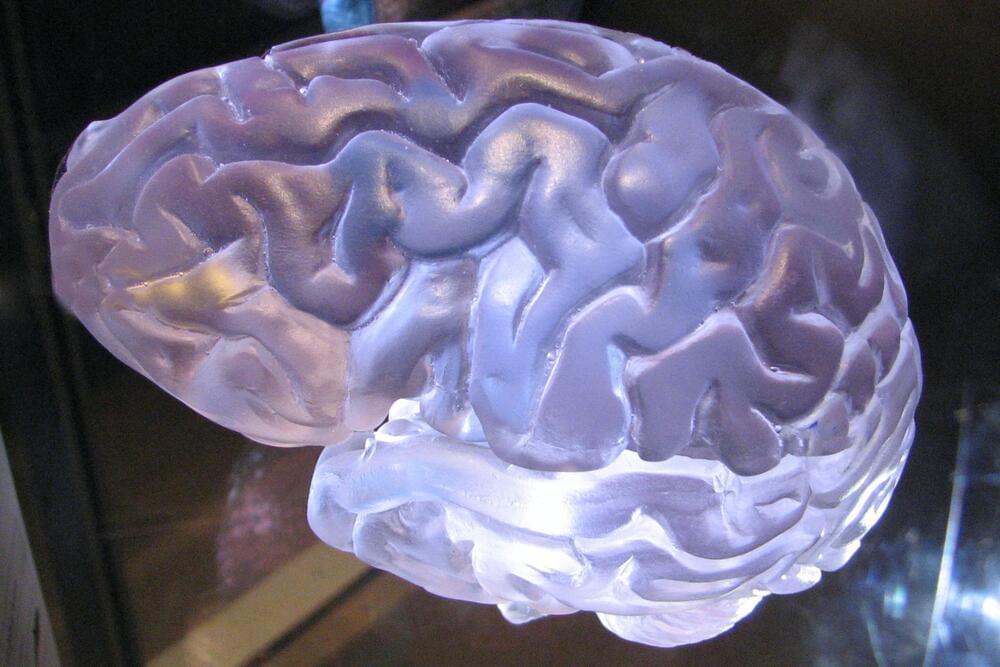In the current edition of The Lancet Neurology, researchers of the Human Brain Project (HBP) present the novel clinical uses of advanced brain modeling methods. Computational brain modeling techniques that integrate the measured data of a patient have been developed by researchers at AMU Marseille as part of the HBP. The models can be used as predictive tools to virtually test clinical hypotheses and strategies.
To create personalized brain models, the researchers use a simulation technology called The Virtual Brain (TVB), which HBP scientist Viktor Jirsa has developed together with collaborators. For each patient, the computational models are created from data of the individually measured anatomy, structural connectivity and brain dynamics.
The approach has been first applied in epilepsy, and a major clinical trial is currently ongoing. The TVB technology enables clinicians to simulate the spread of abnormal activity during epileptic seizures in a patient’s brain, helping them to better identify the target areas. In January, the team had presented the detailed methodology of the epilepsy work on the cover of Science Translational Medicine.










Comments are closed.